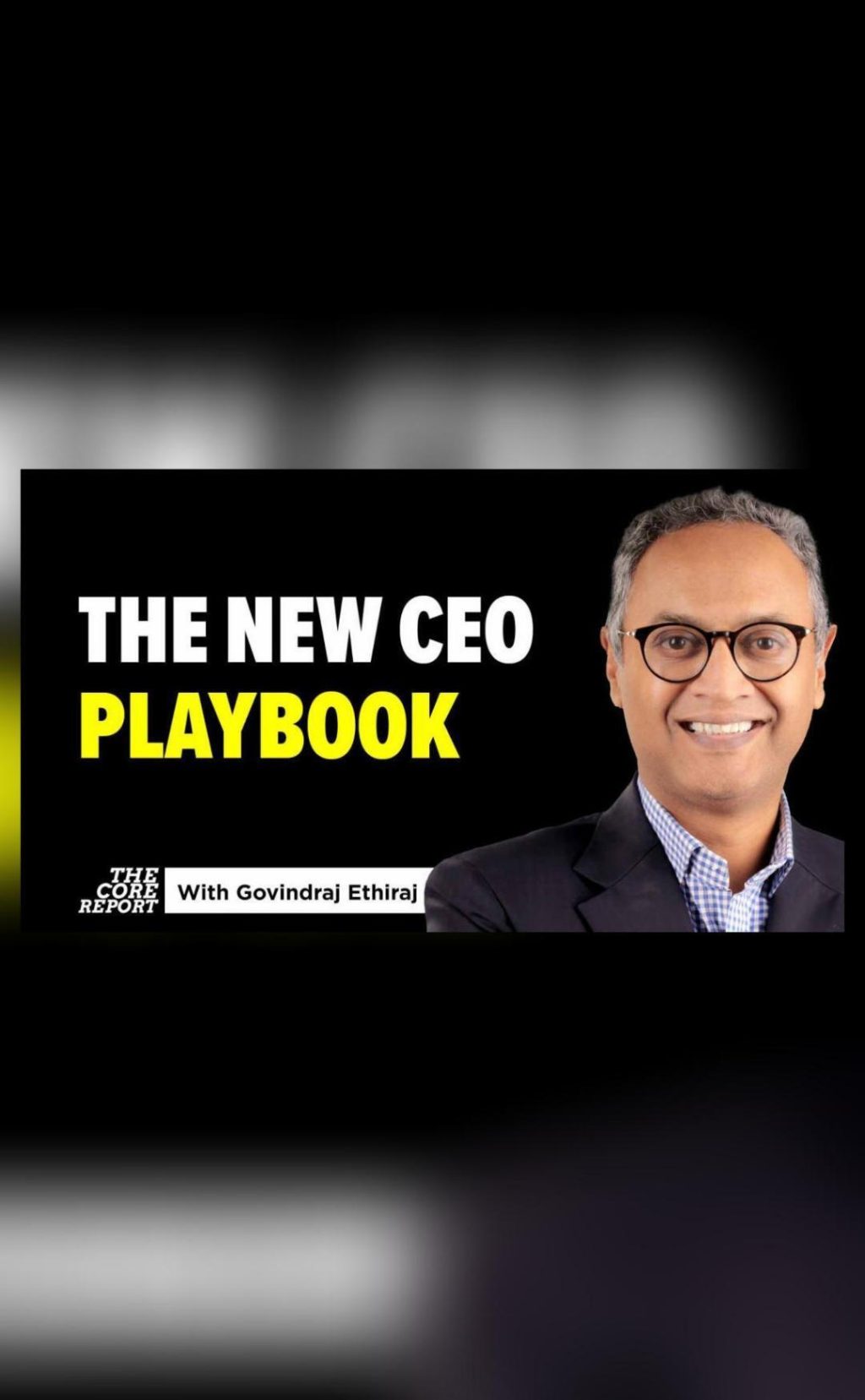
The New CEO Playbook: AI Pressures & Global Tariff Shocks
The business world is in a state of constant flux, with two major forces dominating the landscape: Artificial Intelligence (AI) and global tariffs. As AI reshapes industries and tariff shocks disrupt trade, global CEOs face unprecedented challenges. From internal pressures to automate and innovate, to external forces like shifting trade policies, business leaders must rethink strategy and operations. With no guarantee of stability, companies are being pushed to localise, adapt, and reconsider long-held business models.
In this blog post, we’ll explore the new CEO playbook in response to these challenges, highlighting the key strategies and tactics that successful business leaders are employing to navigate this complex and ever-changing environment.
The AI Pressures
AI is transforming industries at an unprecedented pace, with many companies struggling to keep up. According to a recent survey by McKinsey, 85% of respondents believed that AI would have a significant impact on their business, but only 10% had a clear strategy in place to address the changes. This lack of preparedness is leaving companies vulnerable to disruption and stagnation.
To stay ahead of the curve, CEOs must prioritize AI adoption, focusing on areas such as:
- Automation: Leveraging AI-powered tools to streamline processes, reduce costs, and improve efficiency.
- Innovation: Investing in research and development to create new, AI-driven products and services.
- Data Analytics: Harnessing the power of AI to unlock insights and make data-driven decisions.
The Global Tariff Shocks
The global trade landscape is also undergoing a significant transformation, with tariffs and trade wars becoming a new reality. The impact on businesses is far-reaching, with many companies struggling to navigate the complex web of regulations and tariffs.
To mitigate the effects of global tariff shocks, CEOs must:
- Diversify Supply Chains: Reducing reliance on a single supplier or region to minimize the impact of tariff changes.
- Localise Operations: Establishing local production facilities or partnerships to reduce reliance on imports.
- Negotiate Tariff Deals: Working with governments and suppliers to negotiate favorable tariff agreements.
The New CEO Playbook
In response to these challenges, successful CEOs are adopting a new playbook, characterized by:
- Agility: Embracing a culture of innovation and experimentation, with a willingness to pivot and adapt quickly.
- Diversification: Spreading risk by investing in multiple markets, products, and services.
- Digitalisation: Leveraging AI, data analytics, and other digital tools to drive growth and efficiency.
- Partnerships: Forming strategic partnerships with suppliers, customers, and competitors to share risk and leverage expertise.
- Clear Communication: Prioritizing transparency and open communication with stakeholders, including employees, customers, and investors.
Real-World Examples
Several companies are already demonstrating the effectiveness of this new playbook. For example:
- Tesla: Leveraging AI and data analytics to optimize production and reduce costs, while also diversifying its supply chain and negotiating favorable tariff agreements.
- Amazon: Embracing a culture of innovation and experimentation, with a willingness to pivot and adapt quickly in response to changing market conditions.
- Procter & Gamble: Diversifying its supply chain and localising operations to mitigate the impact of global tariff shocks.
Conclusion
The new CEO playbook is a response to the unprecedented challenges posed by AI and global tariff shocks. By prioritizing agility, diversification, digitalisation, partnerships, and clear communication, successful business leaders are positioning their companies for long-term success in a rapidly changing world.
As the business landscape continues to evolve, CEOs must remain vigilant and adaptable, constantly monitoring market trends and adjusting their strategy to stay ahead of the curve.
News Source:






